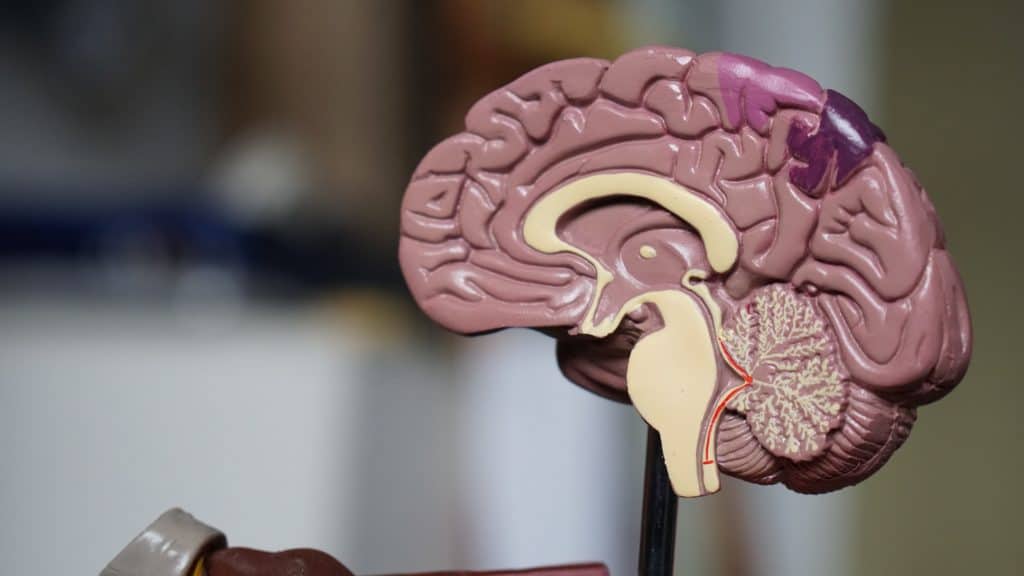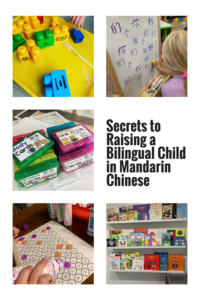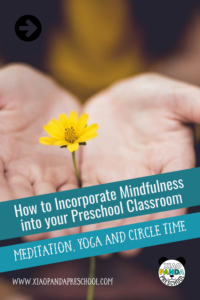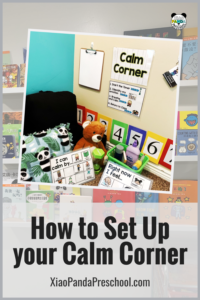10 Benefits of Bilingual Education for Kids
Bilingual Education Gives Kids A Myriad of Advantages in Life
With over half of the worlds population being bilingual, why is only 20% of America’s population bilingual? Many parents feel they are inadequate or that resources are insufficient to support bilingualism for their children. Well, below I am going to share many unique and if I do say so myself MARVELOUS benefits of bilingual education that will hopefully motivate parents to take the plunge into bilingual education.
“Bilingualism is a gift we can give to all our kids.” This quote by John B. King, Jr. reminds us that bilingual education is an opportunity to serve and support our children. There are a myriad of benefits and advantages that come from being bilingual. Parents and teachers all over the world can impart these benefits of bilingual education to children by supporting them in their language learning journey.

1. Value Inclusivity and Embrace Diversity
As a parent, something I’d really love to instill in my children is a love and respect for ALL people. It’s exciting and motivating to me as a mom to know that my efforts in helping my kids learn another language will help them value differences and diversity!
When you’re learning a new language, you’re connecting with a new culture. As children learn language, they make connections to the world around them. Children who grow up learning two or more languages are more likely to interact with people from various cultures, countries, and backgrounds. These children become more comfortable with a diverse group of people. They become accustomed to seeing different hair, skin, eyes, clothes and hearing different languages.
Studies have shown that children in a dual language classroom have more positive views of the language and culture they learn than those who are not in these classrooms. (This seems very obvious to me, but glad to know it’s backed by research).
2. Healthier Brain Matter
We want to keep our families healthy and happy, right!? Well let’s take care of our brains as well. The bilingual brain is stronger and has more dense matter with more connections than a monolingual brain. Turns out language study is an excellent exercise for the health of your brain muscles!
Studies such as this claim bilinguals have a healthier brain. Grey matter is more “dense” in bilingual brains, meaning there are more cell bodies, which is a sign of a healthier brain. (See also how this “healthier” brain can fight off deterioration that causes dementia). It also positively affects white matter that protects axons that send messages throughout the brain. Because bilinguals have to “sort” language, their brains are functionally and structurally unique to monolingual brains.

3. Easier Communication and Connection
This seems obvious as well but let’s chat about it. Bilinguals KNOW TWO LANGUAGES! That in and of itself seems wonderful! Think of the doors of communication and knowledge opening. We can learn so much from our neighbors and friends and knowing more language just increases the connections we can make with others.

4. Extended Focus and Attention Spans
In a day and age where it seems screen-time and the internet are making it harder for people to focus on one given task at a time, bilingualism is proven to help support focus and blocking out distractions! Think about it – a bilingual brain is constantly working between two languages to choose the right vocabulary and block or change unnecessary words or grammar depending on which language they’re using. Thus, bilingual brains have more practice blocking out distractions to focus on a given task.
Studies such as these have tested groups of bilinguals vs. monolinguals in tasks that test the ability to block out distractions and also to focus on a given task. In both instances, bilinguals tend to outperform peers on these executive functioning tasks.
5. Cultural Connection
Learning language is the quickest and most direct connection to a culture. It opens the doors to learning more about a culture – it’s people, art, music, history, religion, traditions etc.
This is especially meaningful for children who are connected to the language they are learning through family heritage. It will instill a greater sense of pride for their heritage language and culture. It can also open communication with grandparents or family members who speak the language. Some language are being lost through generations and when parents teach their children heritage languages they are not only more connected to the culture, they are helping to preserve it!

6. Protection from Dementia and Alzheimers
It is so fascinating and incredible to me that the brain is this powerful organ that lasts longer if it’s exercised through mental tasks such as language! Studies such as this and this relate that bilingual brains do not deteriorate as quickly as monolingual brains, and the stronger the languages, the longer the brain delays this deterioration. The median age of monolinguals with dementia is 71, while bilinguals is 76!
7. Higher Reading Scores
I love the research sited on this page from Waterford. It explains many of the benefits of bilingual education in children.
They explain that because bilingual children are exposed to more languages at a young age, they’re better able to pic up on word structure. Kids with bilingual backgrounds also have more reading skills such as phonological awareness, memory, focus, and vocabulary.
Many different research studies show that children in a dual immersion classroom test higher in reading than other peers.
8. Bilinguals are More Creative
This one was surprising to me so I was excited to learn more about it. Language can help kids think in new ways and come to multiple solutions and resolutions of issues.
Studies are now exploring the relationship between bilingualism and creativity. Research has been showing that the increased executive functioning skills of bilingual children also improve creativity. Creativity is not something you’re “born with” but something influenced by your environment and experiences. Now, research such as this has shown that “language and experiences with multiple cultures can have a positive effect on creativity.”

9. Opportunties to Further Education
When applying to colleges, being bilingual and biliterate is an advantage. The language skills will not only stand out as a skill, but as a testament to one’s cognitive gains, abilities, and habits that have lead to such an achievement. These bilingual skills and the brain research that backs it will serve one well during school and university education.
10. Financial and Career Opportunties
Along with an advantage in applying to college, bilingualism opens up career opportunities. Companies are becoming global and collaboration is becoming essential. Knowing two or more languages opens opportunities to work in other locations, with more people. This will make it easier to find a job.
Chinese for Kids: How to Help Your Child Become Bilingual from an Early Age
Intro Chinese is becoming an increasingly popular language for kids to learn, and for good reason. With China’s growing influence in the global economy, being

Get Them Hooked: Top Book Suggestions for Chinese Beginners
Are you looking for book suggestions to introduce your children to Chinese? Look no further! Here are my top book suggestions to get your kids

Secrets to Raising a Fluent Child in Mandarin Chinese
Raising a bilingual child in Mandarin Chinese can be both a rewarding and challenging experience. With the right guidance, parents can ensure their children are

A Mindful Approach: How to Incorporate Mindfulness for Kids in Your Classroom
Mindfulness is an increasingly popular approach to life that can have tremendous benefits for both children and adults alike. As teachers, it is our responsibility

Teaching Self-Soothing Skills in Early Childhood Education through Calm Corners
Creating a “calm corner” in the early childhood classroom is an effective way to help children learn how to self-soothe and manage their emotions. This
Exploring the Benefits of Using a Preschool Question of the Day
As educators, we are always looking for creative ways to engage our preschool students and promote their cognitive and linguistic development. One effective method is
